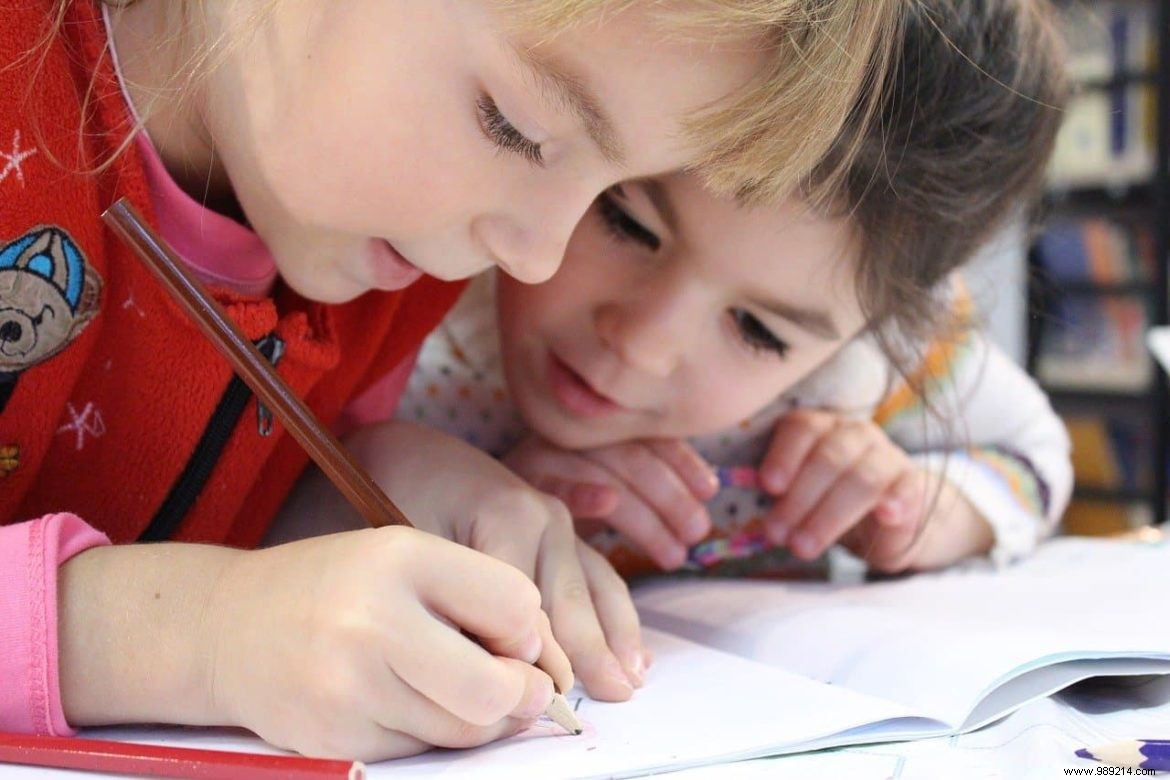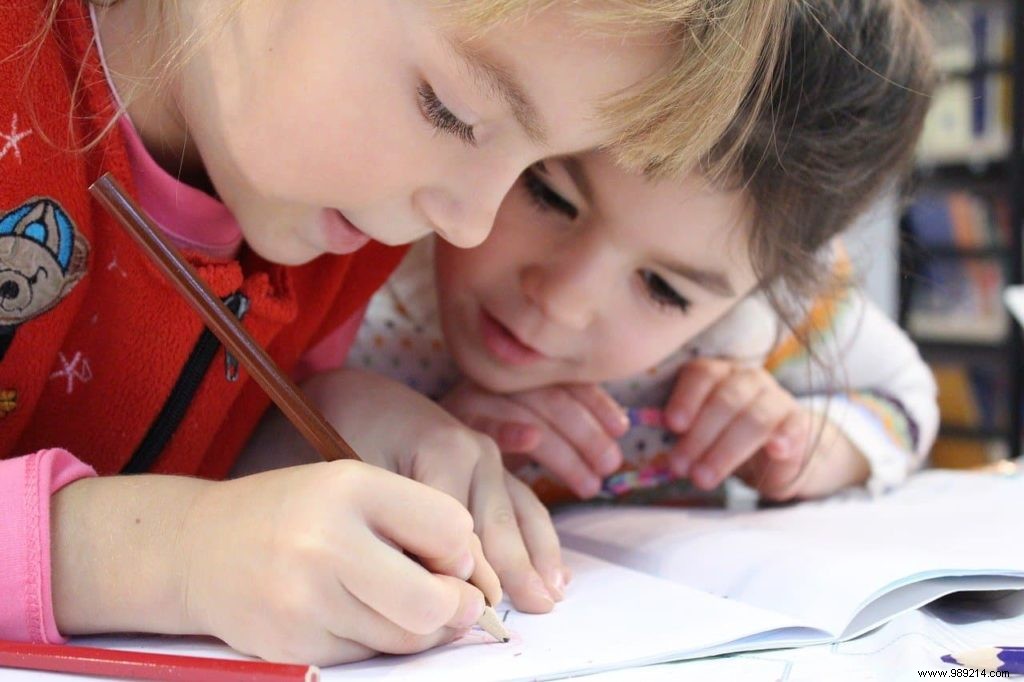
Parents play a fundamental role in the developmental phases of their children. However, motivating a child to learn is not always an easy task and can turn into a real challenge. That's why Babbel decided to bring together learning experts to collect seven tips for parents who want to help their children learn foreign languages.
Contents 1 1. How do your children learn? 2 2. Brush up on your language skills 3 3. Reverse the roles 4 4. The perfect excuse to party 5 5. Hello, Hallo, Ciao, Olà… 6 6. It’s raining post-its 7 7. Learn by playingBilingualism or multilingualism opens the door to a future rich in interculturality, lasting friendship and fulfillment at work. A few years ago, it was enough to be monolingual, but today the reality is different:our world is increasingly globalized. In addition, numerous studies have shown the positive effects of multilingualism on health, business and society in general.
Babbel decided to share seven tips for parents who want to make language learning fun.

“There is no age to learn a language, learning can start from pre-school age with oral communication. Parents then have a major role, it will be important to allow exposure as well as regular practice. Speaking this new language in daily life, exploring it through various media (books, films, music) and through play will facilitate integration. The older the child gets, the more important it will be not to limit oneself to vocabulary and to integrate cultural aspects, why not cook a typical dish together in this new language. Vary the methods and above all talk together!” – Sophie Vignoles, educational manager at Babbel.
Do they tend to have more energy in the morning or in the afternoon? Do they find it easier to learn visually or by listening? Consider their natural pace of learning, as tired children are more easily distracted. Create a positive and fun learning environment where they can practice for 30 minutes a day in a comfortable, quiet place with no distractions. For example, suggest that they listen to music or do a physical activity in another language.
Take advantage of that half hour while waiting for your kids to finish their extracurricular activities to brush up on your own knowledge with an app like Babbel. Download the lessons you need and learn useful everyday vocabulary and expressions that you can put into practice when speaking or playing with your children in another language. The benefits will go beyond helping your children learn a foreign language. A study led by Meesha Washington, a cognitive neurolinguist at the University of Sheffield, has shown that the ability to speak multiple languages improves neurological and cognitive development and allows the brain to more effectively combat cognitive deterioration in old age.
Yale University linguists encourage parents and children to switch roles. For example, ask your children to teach you everything they learned during the day or to tell you a short story. Asking them to correct your pronunciation and spelling mistakes can also be fun for them. Fiona Hobday, a modern languages teacher at Wellington School in Somerset, uses this role reversal in her lessons:"Role reversal helps to improve the development of communication skills, listening comprehension and thinking critical. »
Celebrate another country's national day and open your home to new languages and cultures! Invite your friends, prepare typical dishes from another country and share distant traditions. Various studies from the University of Melbourne have revealed the inextricable link between language and culture, as well as the benefits of being immersed in culture during the learning process. When we learn another language, we not only assimilate the words the speakers use to refer to everyday objects and ideas, but rather we discover other ways of seeing and understanding the world that surrounds.

What a joy to receive mail! Why not encourage your children to write to friends in other countries? This will not only help them practice the language, but also form new lifelong friendships and find new ways to experience the world. Pen pals are a great way to learn regional and colloquial expressions, share knowledge, and exchange gifts. Also, these friends help broaden perspectives by showing your children that their culture is just one way of seeing the world.
Stimulate creativity and learning by sticking sticky notes with the names of the different objects that inhabit your home. Children use movement, visual references and their spatial memory to remember phrases and words they have learned. Make the hardest-to-learn words the most noticeable, hang a phrase of the day on the fridge door and challenge your kids to use it throughout the day.
Learning is not necessarily something that happens in silence and without moving. Simulate real-life situations like going shopping or asking for directions on the street. Let your imagination run wild and act out funny or theatrical sketches. Card games like Memory or nursery rhymes in other languages allow your children to become familiar with new words and memorize them more easily.
And above all…
Sarah Middleton, a modern languages teacher at Wellington School in Somerset, believes the key to learning a language is:“Little by little, then repeat, repeat and repeat. » Build 10 minutes of learning into your daily routine. Whether you're watching a subtitled movie with your kids or reading well-known stories in other languages, immerse them in learning a new language and make the experience as fun and enjoyable as possible. Every child has their own pace of learning, but before you know it, your kids will be overtaking you and waiting for you to catch up!